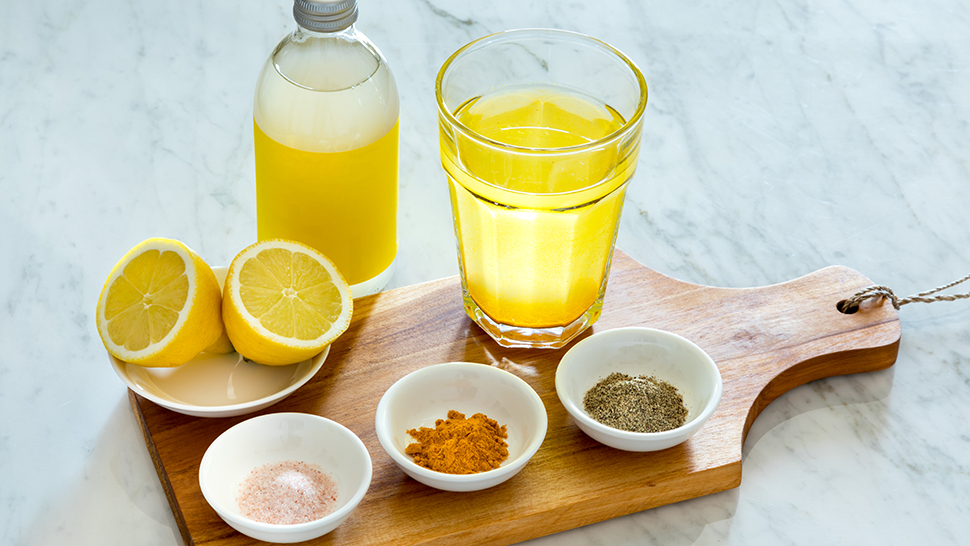
What’s the buzz?
Drinking vinegars are today’s hottest healthy mocktail.
What does the science say?
Also referred to as “shrubs” or “tonics,” drinking vinegars were popular during the Prohibition Era, but they actually date back hundreds (or, maybe thousands of years depending who you ask). Touted for their supposed health benefits, which range from from improved digestion to blood sugar control, drinking vinegars are giving kombucha a run for its money — lining grocery store shelves and populating trendy restaurant drink menus as a base for both cocktails and mocktails. Made from a fermented mix of vinegar, water, fruit (or fruit juice), and sugar, drinking vinegars are often mixed with other flavors and ingredients such as herbs, spices, and probiotics to create a more refreshing beverage than vinegar would be on its own…cough, cough. Even so, most bottled drinking vinegars can be quite sour, with a very distinct flavor that isn’t for the faint of heart.
The strong flavor may fool you into thinking that it has some magical powers, but we’re sorry to tell you that this isn’t the magic potion you’ve been waiting for. Though it’s also a low-risk drink, meaning that there’s little harm associated with consuming it, there is little evidence that drinking diluted vinegar such as apple cider vinegar lives up to the health claims that the media suggests. It’s also difficult to know just how much vinegar you’re getting in a bottled beverage or restaurant mocktail (or cocktail). If you do enjoy the taste, be mindful of the added sugar in these drinks (spoiler alert: it’s usually a 1:1 ratio of vinegar to sugar). Some bottles contain up to an entire day’s worth of added sugar — you need something sweet to mask that vinegar flavor! Those with added probiotics may offer some digestive benefits, but if it’s pasteurized, the drink has lost any of its gut-healing power. And if they’ve been added to a cocktail, it does not balance out the booze your drinking. Bubble burst.
What’s the takeaway
Drinking vinegars are likely neither helpful nor harmful. Many of the beverages on today’s shelves contain a significant amount of added sugar, further diluting any hope of health benefits. While research in this area is still limited, if there are any health benefits to consuming vinegar, you are just as likely to get them from adding a vinegar-based dressing to your salad or grain bowl, so put your money toward a wholesome meal instead.
For more, read one person’s experience of trying several brands of drinking vinegars.